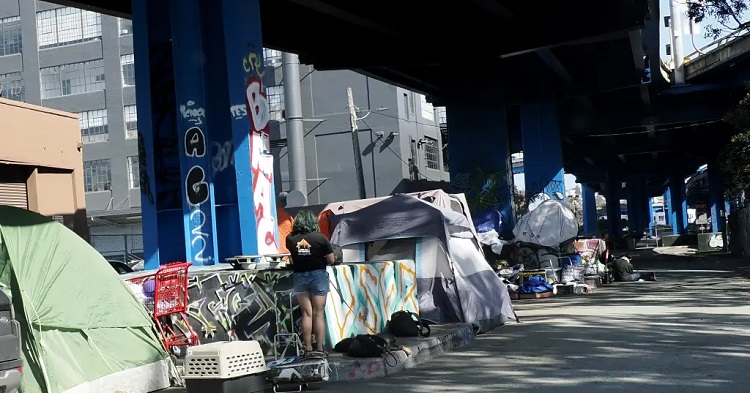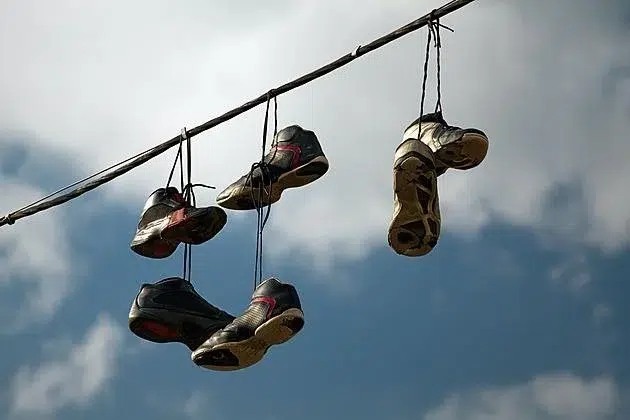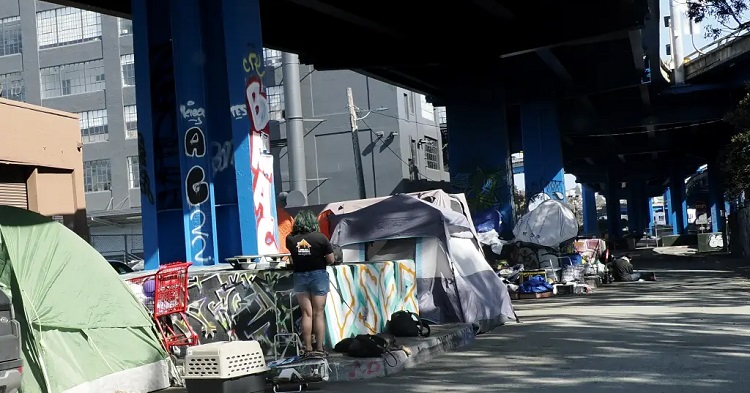
San Francisco, once shining bright on the West Coast, is now grappling with a tough reality. Almost one in five homeowners are selling their properties at a loss, painting a bleak picture of the city’s housing market, says a report by Redfin.
Jamie Dimon, CEO of JPMorgan Chase, made his thoughts clear in a chat with Fox Business. He compared San Francisco to the challenging scenes of New York City, even hinting that the Bay Area might be in worse shape.
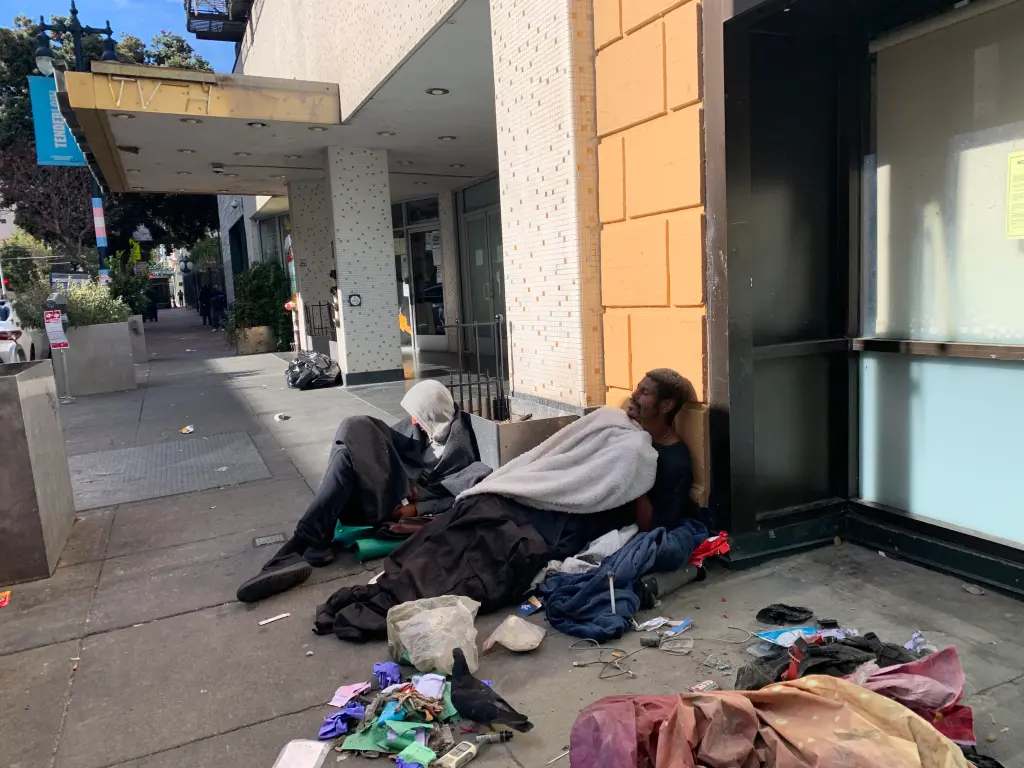
Dimon highlighted the key ingredients of a great city – parks, culture, safety, and affordable housing. Sadly, San Francisco is falling short in all these areas, leading to a quiet but noticeable drop in the housing market.
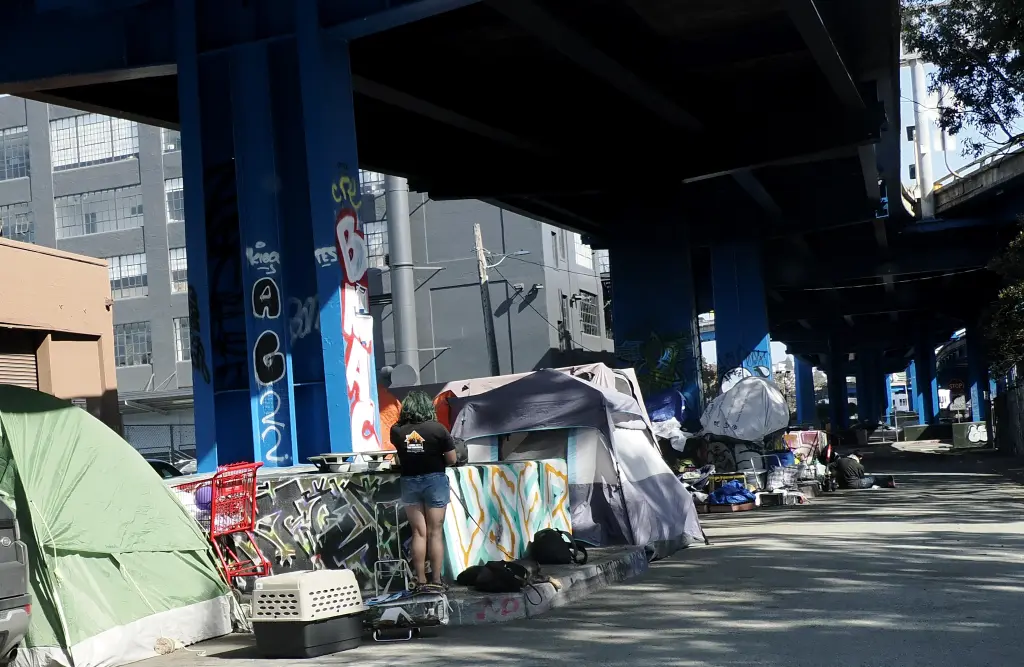
Once glamorous properties are now struggling to find buyers and undergoing steep price cuts. Take the penthouse at the San Francisco Four Seasons Residential, for instance. Priced initially at $9.9 million, it’s now seeking buyers at $3.75 million – a dramatic 62% reduction.
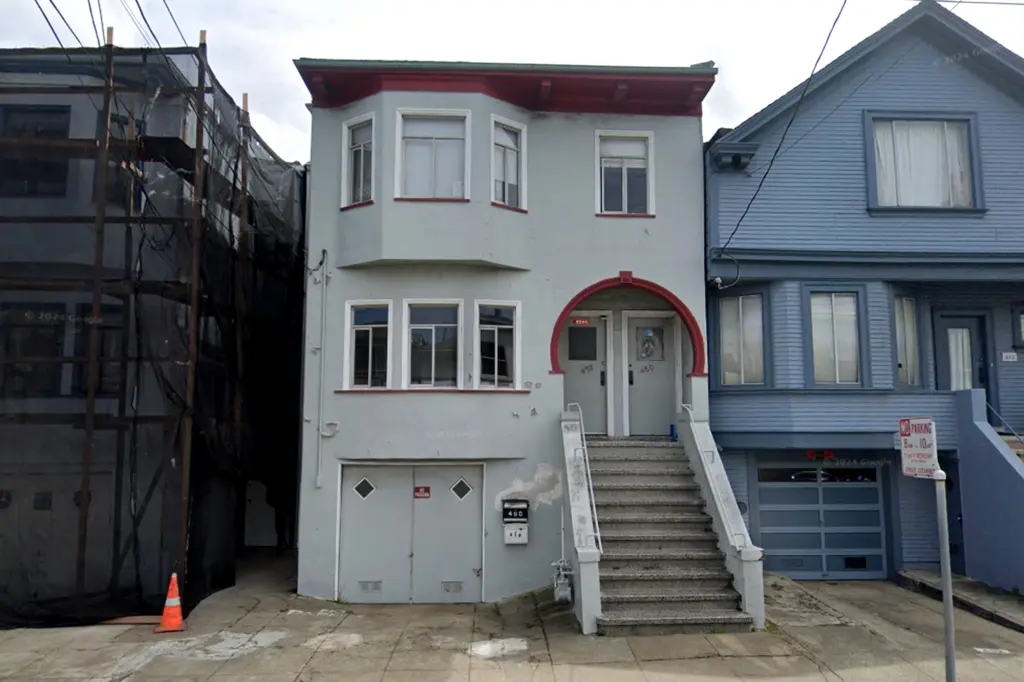
Homeowners eager to leave are seeing their investments shrink by hundreds of thousands of dollars in mere months. For example, a five-bedroom home that sold for $1.6 million less than a year ago was recently sold for just $1.1 million. Stories of such losses are becoming common throughout the city.
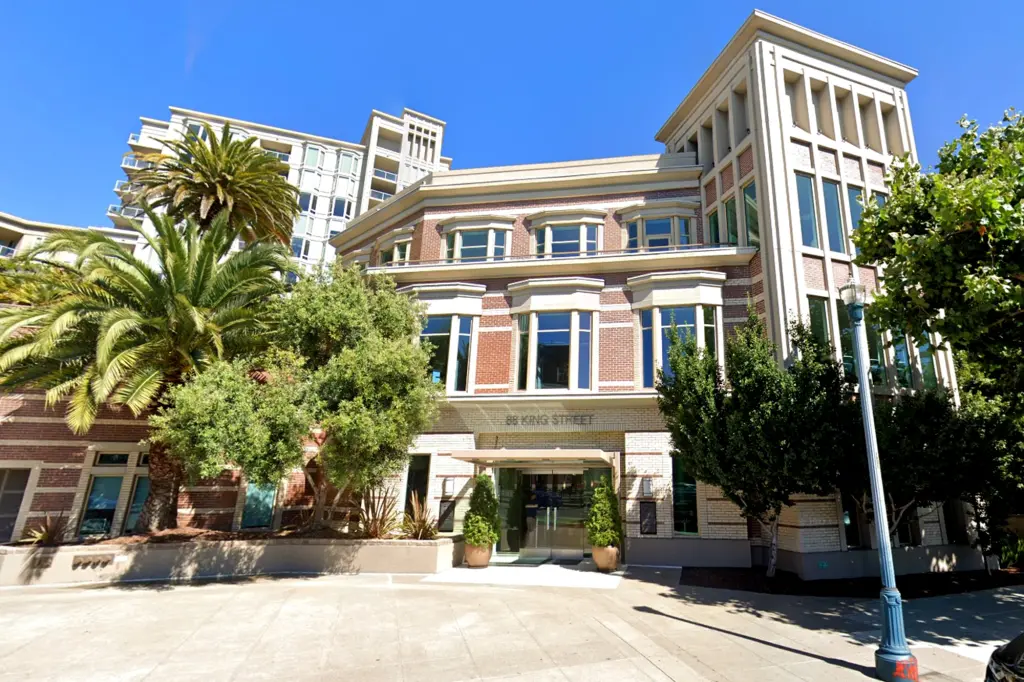
Even properties with fantastic locations aren’t spared. A rare home with views of the iconic Golden Gate Bridge sat on the market for a year, undergoing several price reductions before it finally sold at a fraction of its initial price.
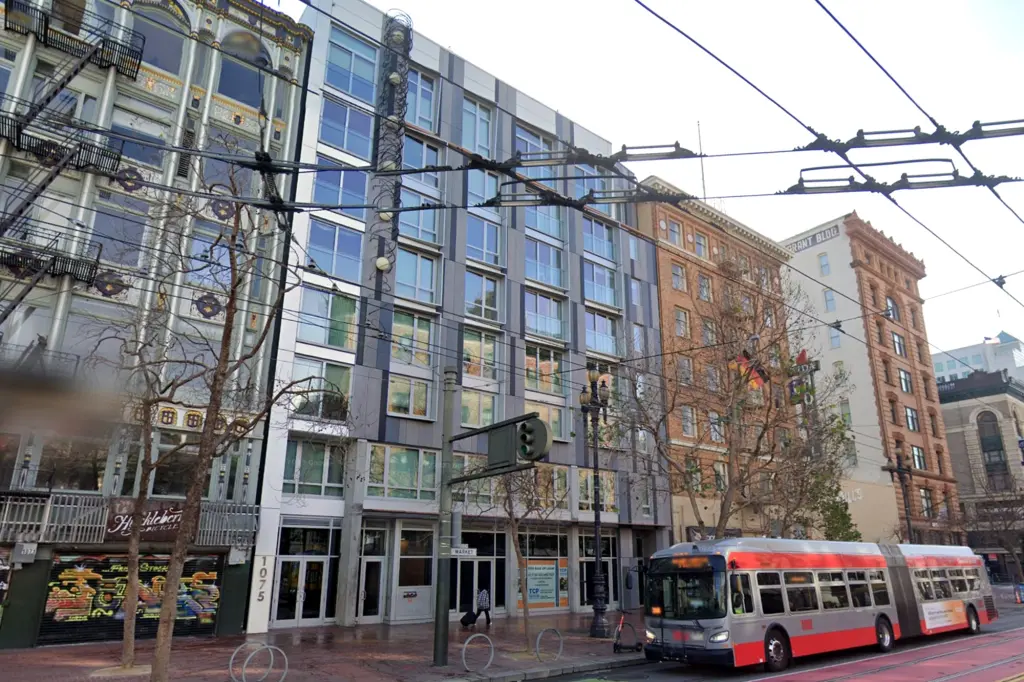
Commercial properties are also facing challenges, with office vacancies climbing post-pandemic. A recent sale of a property on Market Street at a shocking 90% discount starkly highlights the city’s economic decline.
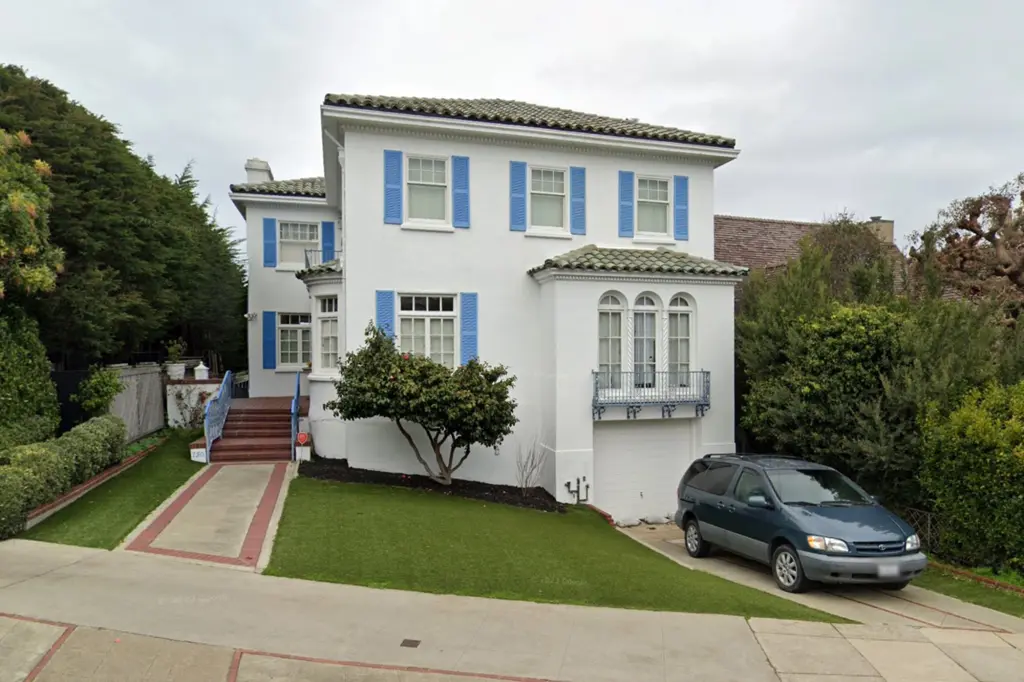
Retail giants like Macy’s and Nordstrom have shut down their previously bustling locations, citing safety issues and a worsening environment.

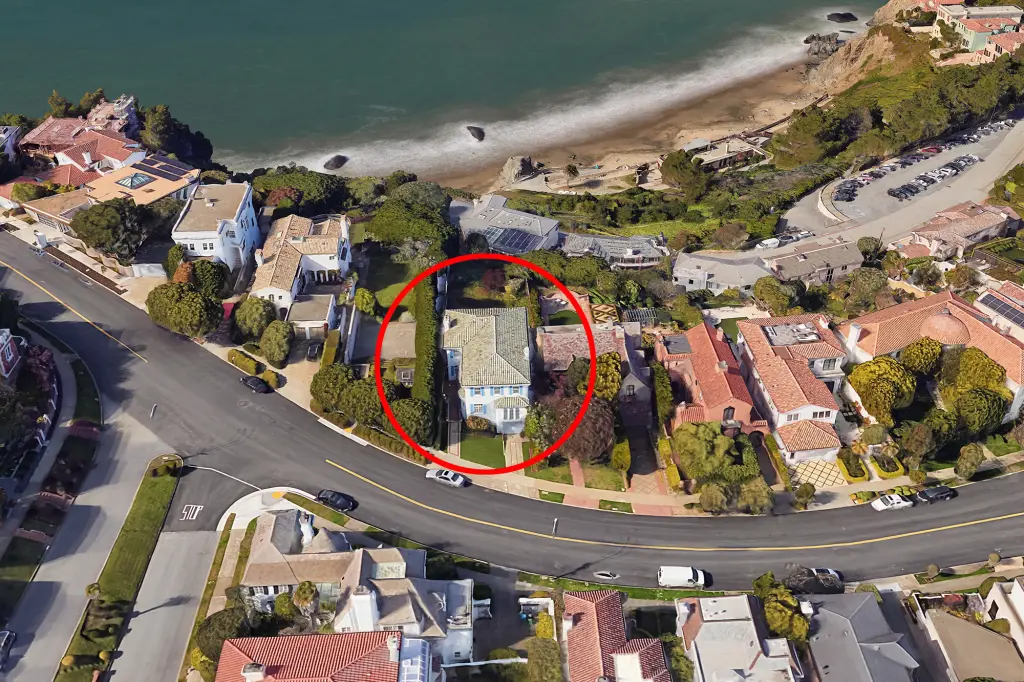
Craig Ackerman, a long-time observer of San Francisco’s real estate scene, laments the city’s wasted potential due to poor leadership. He warns that unless major changes happen, the city’s mismanagement is likely to continue. With the current administration’s focus on liberal rhetoric over practical solutions, Ackerman predicts another five to eight years of difficulty ahead.
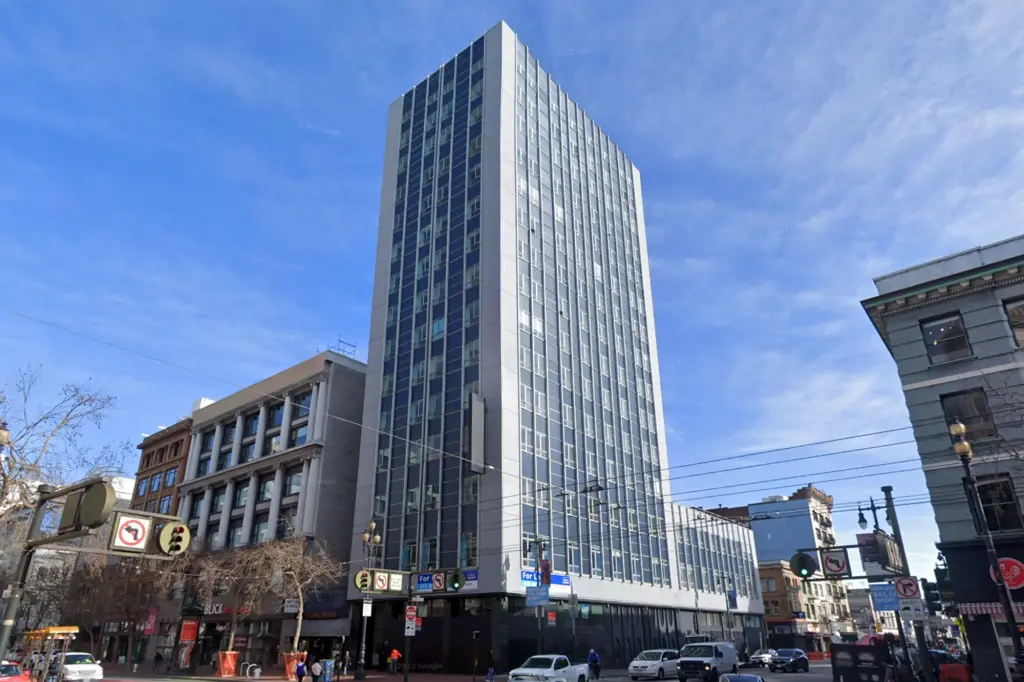
As Ackerman said, “San Francisco probably has another five to eight years of mismanagement.” Until significant actions are taken, residents and investors are left to handle the tough consequences of a city in decline.
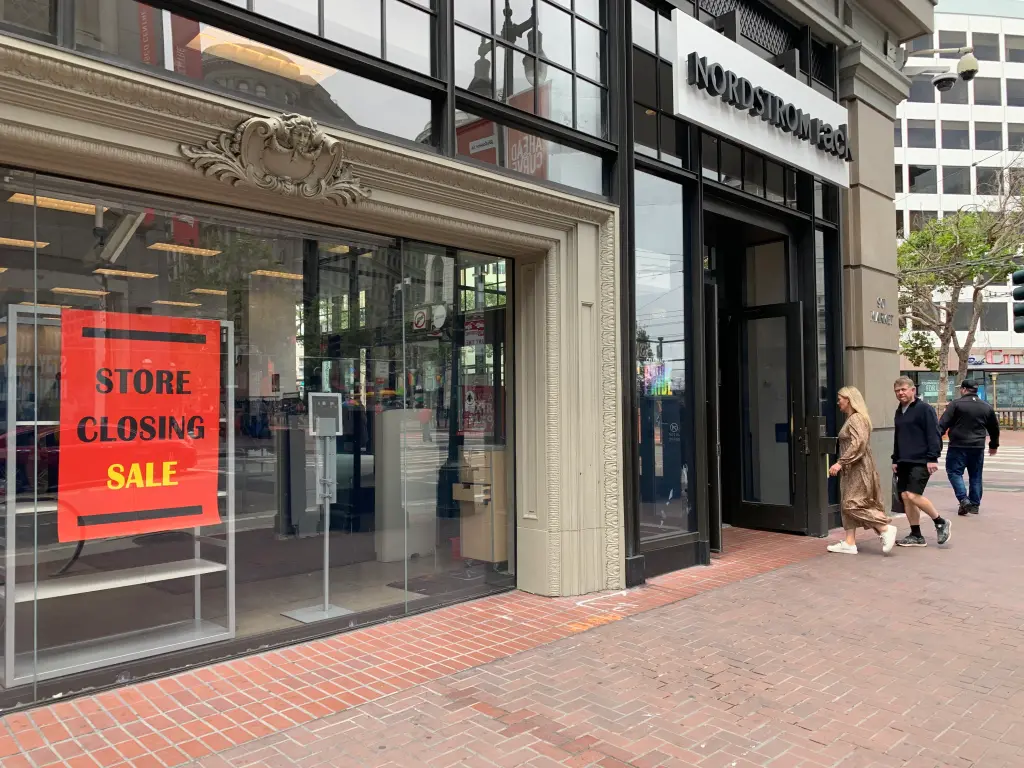
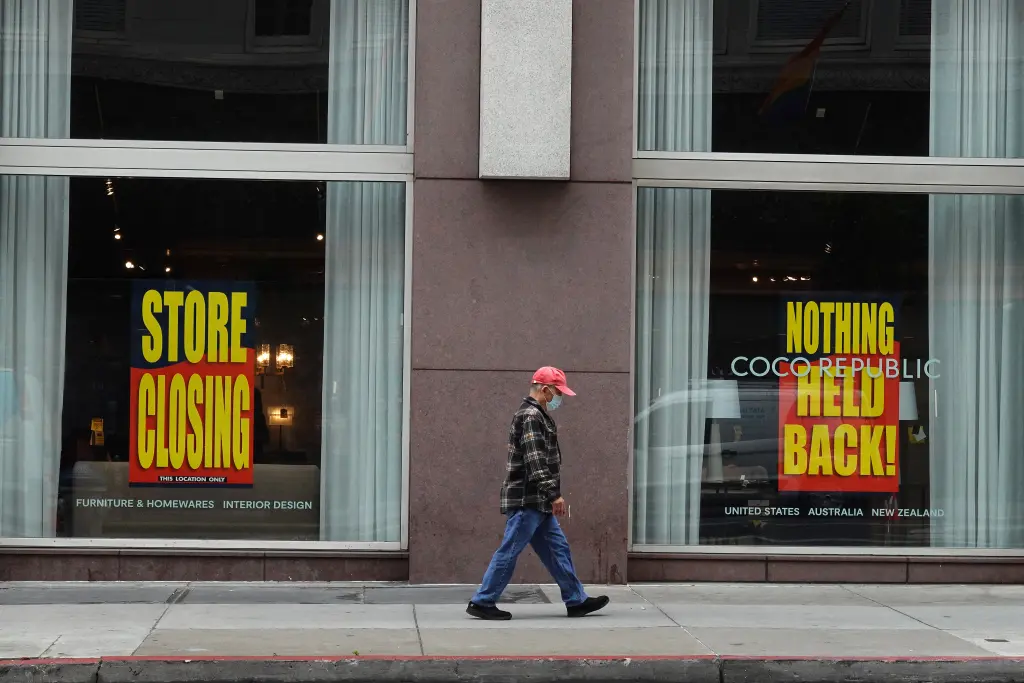
What was once a city of dreams now faces a harsh reality with no easy fixes on the horizon. As San Francisco deals with its uncertain future, one thing is clear: action is needed now, before it’s too late.
